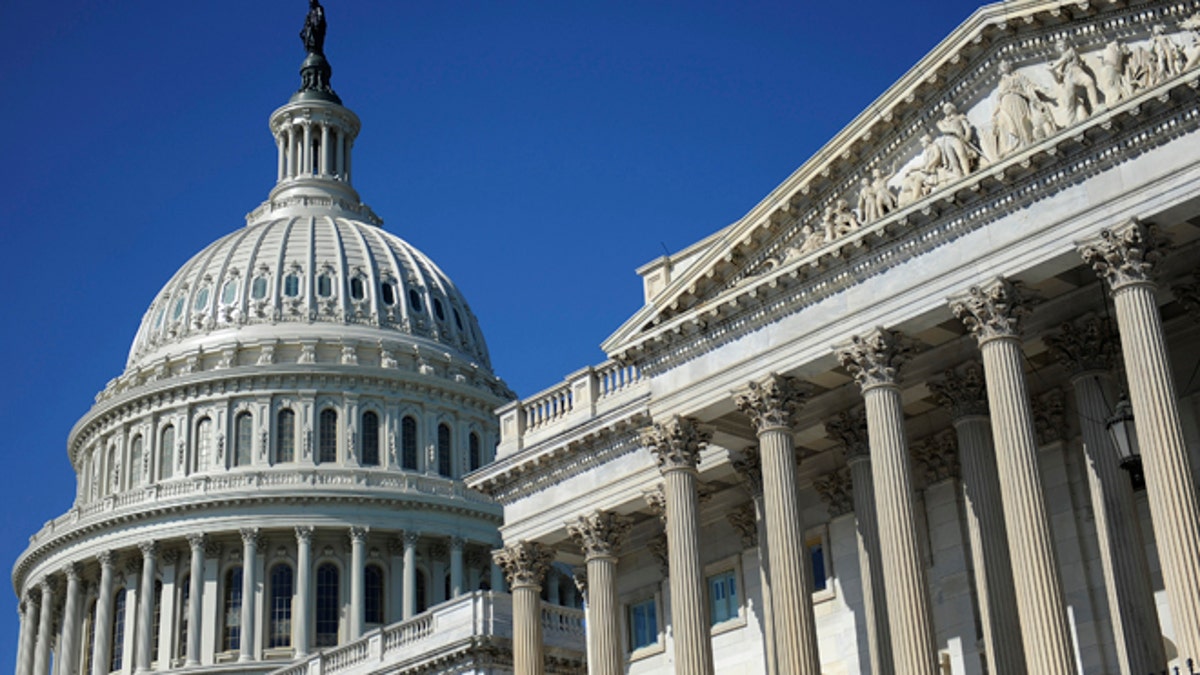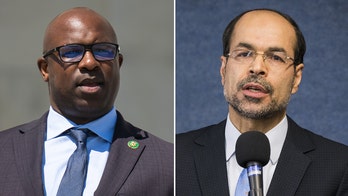
The U.S. Capitol building as seen in this file photo. (REUTERS)
The Senate narrowly voted Wednesday to block a White House plan to cancel almost $15 billion in government spending.
The so-called "recissions" package was blocked from consideration by a 50-48 vote. Two Republicans -- Susan Collins of Maine and Richard Burr of North Carolina -- joined with all Democrats in opposing the plan.
The largely symbolic bill would eliminate leftover funding that likely would not have been spent anyway. President Donald Trump and GOP conservatives had embraced the plan following passage in March of a $1.3 trillion catchall spending bill they said was too bloated.
The GOP-controlled House narrowly passed the spending cuts earlier this month.
The budget deficit is on track to exceed $800 billion this year despite a strong economy.
Democrats complained that the rescissions plan would take away $7 billion from the popular Children's Health Insurance program so it couldn't be used later.
Sen. Patrick Leahy, D-Vt., said the idea that Republicans would claw back billions of dollars from children's health insurance, affordable housing and rural development after forcing through massive tax cuts "goes beyond laughable. It's unconscionable."
But Sen. Mike Lee, R-Utah, said that spending rescissions were a common practice in past decades and usually were done on a bipartisan basis.
"Returning unused taxpayer money isn't just good government. In a republic, it should be expected. It should be the norm," Lee said.
Burr's opposition was unexpected and came after he was not guaranteed a vote on his amendment to protect funding for land and water conservation. The rescissions package included $16 million in Land and Water Conservation Fund money designated for the Forest Service and promised to specific projects.
Burr and other senators led a bipartisan news conference Wednesday to mark 100 days until the conservation program expires unless Congress votes to reauthorize it.
Collins said in a statement Wednesday that the rescissions package was unnecessary.
"My belief is that it's the job of Congress to comb through these accounts, and that's what we do on the (Senate) Appropriations Committee," she said.
The Associated Press contributed to this report.




